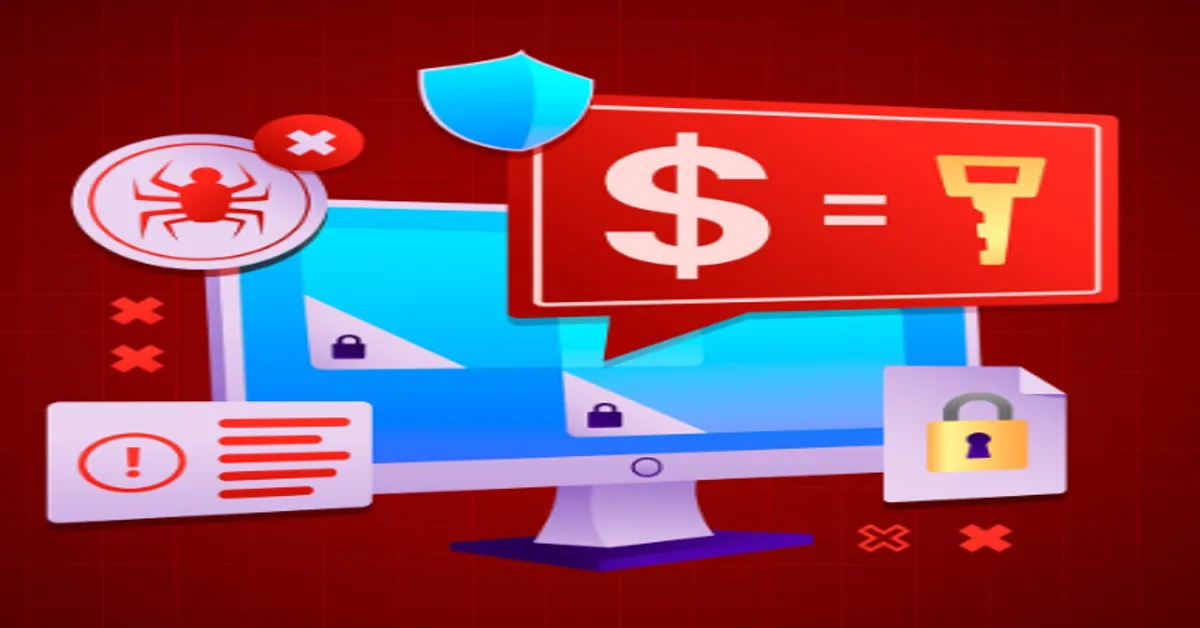Imagine waking up one morning to find out someone opened a credit card in your name, drained your bank account, or took out a loan pretending to be you. That might sound like something out of a movie, but it happens more often than you might think.
Identity theft is one of those things we all hear about but rarely think will happen to us — until it does. The good news is that catching it early can make a huge difference. If you act fast, you can stop further damage and start fixing the mess before it spirals out of control.
Many people dealing with debt relief already know the stress of feeling overwhelmed by financial issues. Adding identity theft to the mix can make things even worse. That’s why it’s so important to learn how to spot the signs early and take action right away.
Watch for Strange Charges or Account Activity
One of the first red flags that your identity might have been stolen is unfamiliar charges on your credit card or bank statements. Even small charges matter — thieves often start by making tiny purchases to see if the account works before going bigger.
Make it a habit to check your bank and credit card activity at least once a week. If you see a charge you don’t recognize, report it immediately.
Also, keep an eye out for new accounts or loans you didn’t open. If you get a bill for a credit card you never signed up for or see an unfamiliar loan on your credit report, that’s a major warning sign.
Pay Attention to Mail and Emails
If you suddenly stop receiving certain bills or bank statements, don’t assume it’s just a mailing error. Thieves sometimes change your mailing address to keep you from seeing suspicious activity.
On the flip side, if you start getting mail for accounts you didn’t open — like pre-approvals, new credit cards, or collection letters — it’s time to investigate.
Always be cautious with emails, too. Phishing emails are designed to trick you into giving away personal information. Never click on suspicious links or share personal info over email.
Check Your Credit Reports Regularly
Your credit report is one of the best tools for spotting identity theft early. You’re entitled to a free credit report from each of the three major credit bureaus (Equifax, Experian, and TransUnion) once a year through AnnualCreditReport.com.
Instead of checking all three reports at once, consider spreading them out over the year so you can check one every four months.
Look for accounts you don’t recognize, hard inquiries you didn’t authorize, or unexpected changes in your credit score.
Watch for Unexpected Calls or Letters From Debt Collectors
If a debt collector calls about a debt you don’t owe, take it seriously. This could mean someone opened an account in your name and didn’t pay it off.
Ask the collector for details in writing before you do anything else. Never agree to pay a debt you don’t recognize without first confirming it’s actually yours.
This is especially important if you’re already working on debt relief. Mixing up legitimate debts with fraudulent ones can make it harder to stay on track with your financial goals.
Be Alert to Changes in Your Health Insurance or Tax Records
If you think your identity has been stolen, act fast. Start by contacting your bank or credit card company to freeze or close compromised accounts.
If you get a notice from your insurance about services you didn’t receive or your tax return is rejected because someone else filed using your Social Security number, those are major red flags.
Set Up Alerts and Use Strong Passwords
Many banks and credit card companies let you set up text or email alerts for transactions. These alerts can help you catch unauthorized charges right away.
Using strong, unique passwords for each account is also essential. Consider using a password manager to help keep track of them.
What to Do If You Suspect Identity Theft
If you think your identity has been stolen, act fast. Start by contacting your bank or credit card company to freeze or close compromised accounts.
Next, place a fraud alert on your credit reports. This makes it harder for thieves to open new accounts in your name. You can also consider freezing your credit entirely for extra protection.
Then, file a report with the Federal Trade Commission (FTC) at IdentityTheft.gov. This site will guide you through creating a recovery plan and filing an identity theft affidavit, which can help you clear fraudulent accounts.
Final Thoughts
Identity theft can happen to anyone, but catching it early can save you a ton of time, money, and stress. By paying attention to small warning signs and checking your accounts regularly, you can stop thieves in their tracks before they do serious damage.
Whether you’re focusing on debt relief or just trying to build a stronger financial future, protecting your identity should always be part of the plan. Take a few simple steps today, and you’ll thank yourself tomorrow for staying one step ahead.

